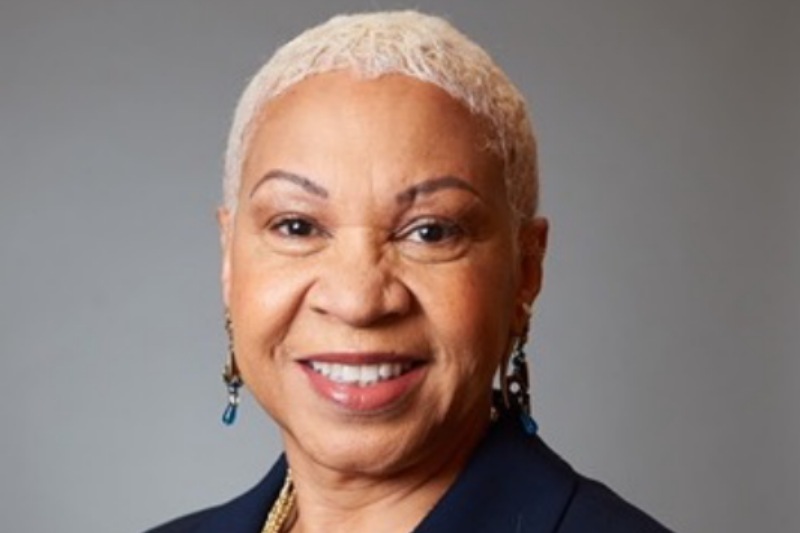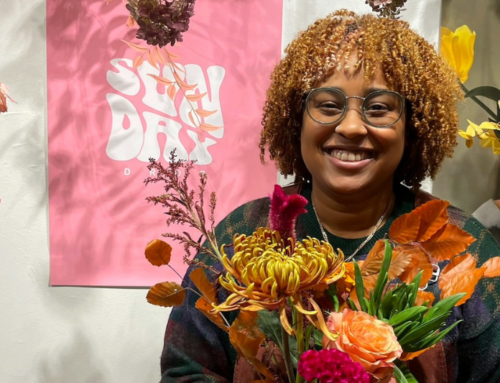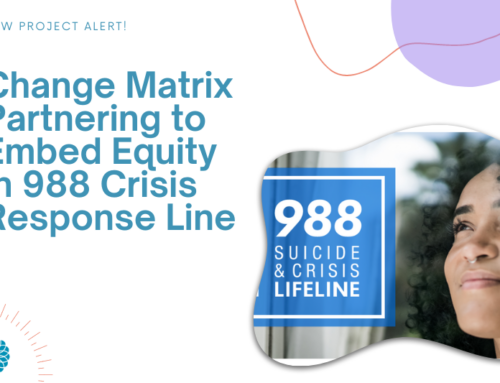It is 2020…100 years of women voting in this country. As we look back to notable moments like this in history, we celebrate women leaders and acknowledge that the path to gender equality has not been inclusive and we are still on it. For that reason, the Change Matrix team is sharing a series of personal essays about women. They might be women we know who were models or mentors and influenced us as professionals. They might be women whose work we have loved and integrated into our own. They might be about our identification as women through a cultural lens.
KAZZANDRA
As a queer Chicana sociology major, you can imagine my frustration when most of the theories we read about were written by, as one of my professors once stated, “old, dead white men.” Then one day, my mind was truly opened and expanded by Sociologist Dr. Joy DeGruy’s lecture on her book Post Traumatic Slave Syndrome: America’s Legacy of Enduring Injury & Healing. Post Traumatic Slave Syndrome (P.T.S.S) is “a theory that explains the etiology of many of the adaptive survival behaviors in African American communities throughout the United States and the Diaspora” (DeGruy). These behaviors resulted as a consequence of slavery, and continue with institutionalized racism. She spoke about how internalized racism puts all the blame on bBlack communities when it is actually learned through the way racists and white supremacy has socialized them to look and think about themselves, which she called racist socialization. Her book, which was a result of twelve years of quantitative and qualitative research, speaks to ways in which the black community can use the strengths they have gained in the past to heal in the present.
Dr. DeGruy reminded me why I had been intrigued by sociology in the first place, to understand myself in the context of this world. How has the history of my people impacted the ways we have chosen to interact with the world? What adaptive behaviors did we pass on to our children’s children’s children that no longer serve us in the present day. Which strengths can we use to move our gente forward? If you haven’t picked this book up, I strongly encourage you to! It will really change your perspective and think twice about your own actions and assumptions of others.




